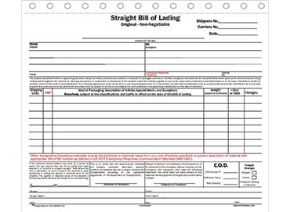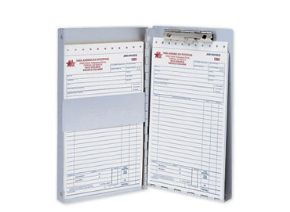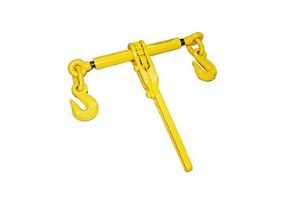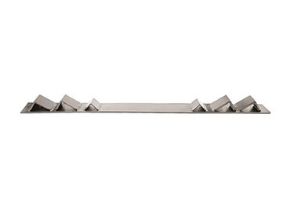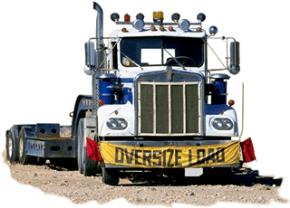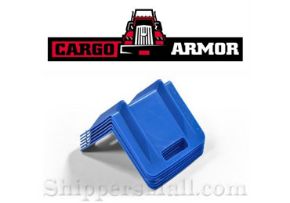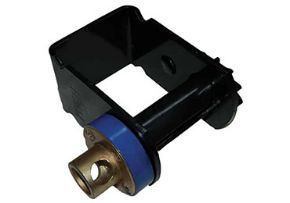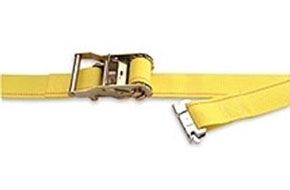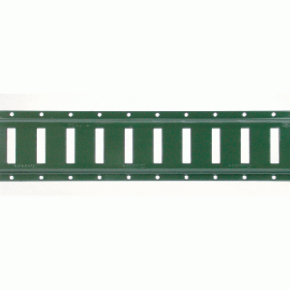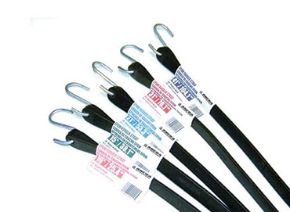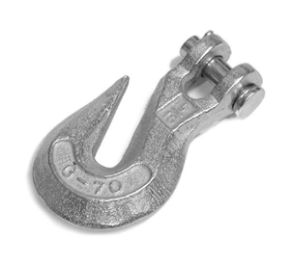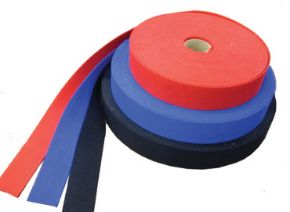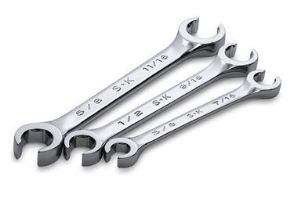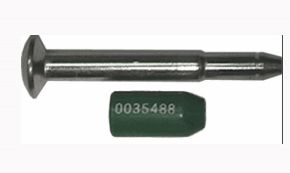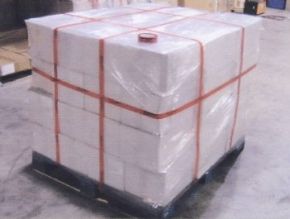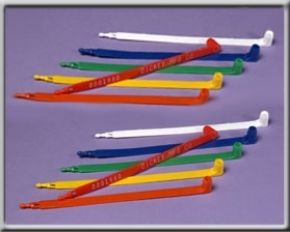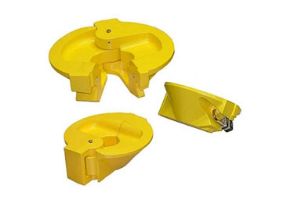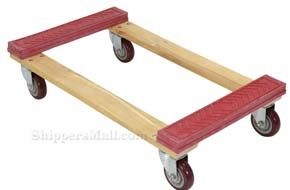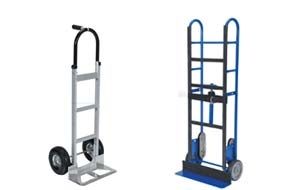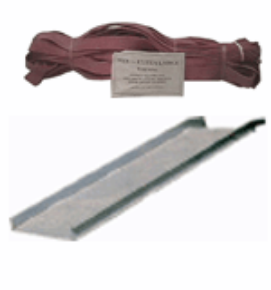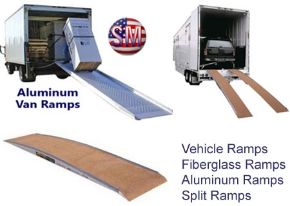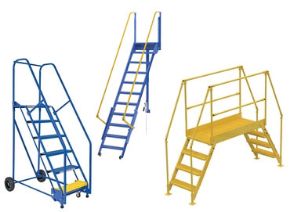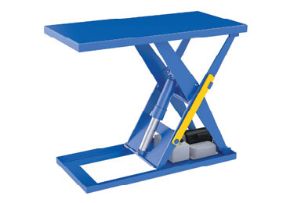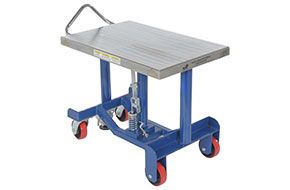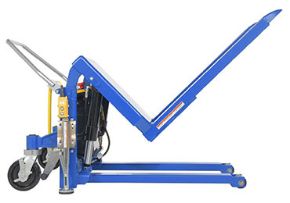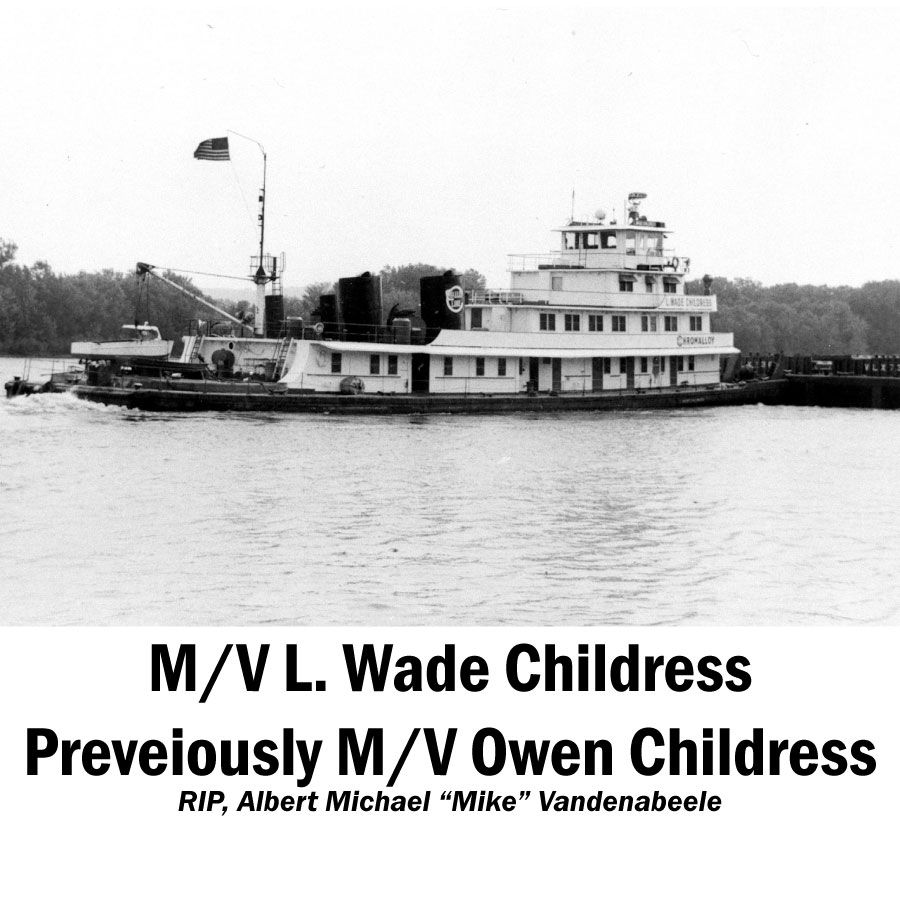
M/V Owen Childress: A Towboat’s Tragic Legacy
The M/V Owen Childress was a hardworking towboat that served the inland waterways of America during the mid-20th century. Operating primarily on the Ohio and Upper Mississippi Rivers, it faced the relentless challenges of icy conditions, submerged hazards, and the heavy demands of river commerce. Despite its sturdy design, the vessel’s story is one marked by tragedy and resilience, culminating in its final days as the L. Wade Childress.
A Tragic Day: December 31, 1978
On New Year’s Eve of 1978, the M/V Owen Childress met its fate in a devastating accident on the Ohio River near Madison, Indiana. The vessel, pushing 18 empty barges, struck an unmarked submerged barge, OR-39, which had sunk earlier in October of that year. The submerged barge had been inadequately marked; a Coast Guard buoy had drifted off-station just days prior to the accident and was not replaced. This oversight led to a catastrophic collision that punctured the Owen Childress’ hull.
The stern of the towboat sank rapidly, while the bow remained connected to the barges, allowing most of the crew to escape by climbing onto them. Tragically, Albert Michael “Mike” Vandenabeele, the boat’s cook, lost his life. Positioned behind the engine room—an unusual layout for towboats at the time—his quarters were quickly inundated, and he was unable to escape the icey waters pouring into his quarters.
The Legal Aftermath
The sinking of the Owen Childress sparked a lengthy legal battle. Inland Tugs Company and American Barge Line Co., the owners of the Owen Childress, filed a lawsuit against The Ohio River Company (ORC), which owned the sunken barge. The case revolved around ORC’s responsibility under the Wreck Act to mark and remove the hazard. Both parties also filed claims against the United States, alleging negligence by the Coast Guard in failing to maintain the navigational buoy.
The courts ultimately ruled that ORC was liable for failing to mark and remove the sunken barge. The Coast Guard, however, was found not negligent, as the primary responsibility for marking and removing wrecks lay with the barge’s owner. This decision underscored the critical importance of adhering to maritime safety laws and promptly addressing navigational hazards.
A Second Sinking: December 23, 1985
Renamed the L. Wade Childress, the vessel’s story did not end with its first sinking. On December 23, 1985, the towboat sank again, this time near Fort Madison, Iowa. Harsh winter conditions and ice damage overwhelmed the vessel. Raised in March 1986, it was permanently retired and moved to Prairie du Chien, Wisconsin, where it now rests on land along County Highway K.
The beached vessel serves as a haunting relic of its storied past, a testament to the challenges of river navigation and the resilience of those who worked aboard such boats.
A Hard Life on the Upper Mississippi River
The Upper Mississippi River is infamous for its icy winters and treacherous conditions, making life challenging for towboats like the Owen Childress. These vessels were designed to push massive loads of barges through narrow and unpredictable waterways, enduring constant strain. Despite their robust construction, the combination of heavy machinery, challenging weather, and demanding schedules often proved too much.
Reflections and Legacy
The story of the M/V Owen Childress is not just about tragedy but also about the evolution of safety standards in the maritime industry. The events of December 31, 1978, serve as a reminder of the critical need for vigilance in marking and removing hazards. The loss of Albert “Mike” Vandenabeele highlights the human cost of these oversights.
Today, the beached L. Wade Childress stands as a silent witness to its own history. It reminds us of the grit and determination of the crews who braved the rivers, the importance of maritime safety, and the enduring impact of a single towboat’s journey through America’s waterways.
I’m Thomas Watson, and I was a deckhand on M/V Owen Childress when she sank on Dec. of 1978. Now, 45 years later in December 2024, I had a dream about it and decided to do a little research and contribute to the Shippers Mall blog. Reflecting on this event after so many years has brought back memories of the challenges we faced that day and the lessons learned from such a profound tragedy.
Thomas Watson

